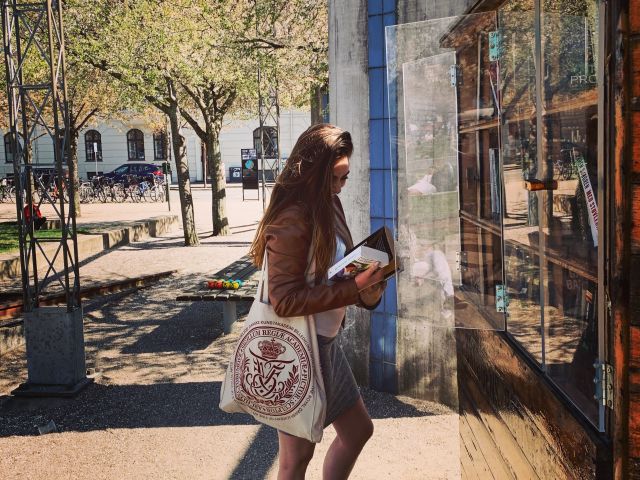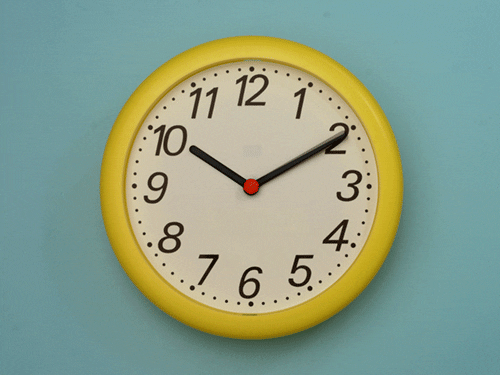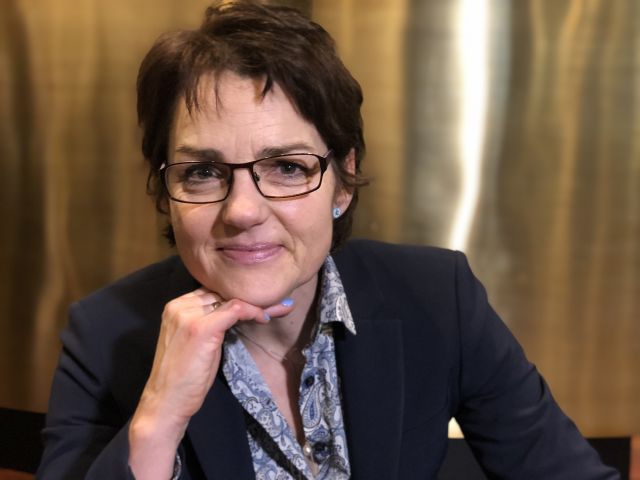The most important lessons I learned about finances in Denmark

(Photo: Desislava Diyanova Grozeva)
Before coming to Denmark, I never really had to budget, never had to calculate income and expenses, and I definitely didn’t have to do my taxes (such a blissful time that was). I always had an estimate about the money in my bank account, but never really knew for sure where it was going.
When I came to Denmark, I had to make a living from my temporary low-paid job and SU. That’s when I learned some hard lessons. Although I could never write about all of them, I wanted to write about the two most important ones that have helped me stay out of debt and become financially independent in a foreign country.
1.Always create a budget
After a few months of living in Denmark, I grew more and more confident about the market here. I gained an understanding of the value of the Danish kroner and I didn’t have to convert it into another currency in my mind. I knew how much my rent was, how much I spent on my travel card and how much my morning coffee cost.
But at the end of each month, I was always surprised by the amount of money that had left my wallet, never to come back.
It seemed like rent, transport and coffees weren’t the only things I was spending my money on. The moment I started tracking all my expenses, I started getting a clear view of where my was money going. I saw that going out for dinner twice a week wasn’t doing me any favours and realised that the bag I bought last week…cost me 3 weeks of home-cooked meals…
At the end of each month, I was always surprised by the amount of money that had left my wallet, never to come back
What you can measure, you can improve. So, I started keeping a budget in a simple Excel spreadsheet where I can see the flow of income each month, where it comes from and all the areas that it goes to. I have become more confident with money and I am no longer petrified to open the Danske Bank app.
2.Don’t succumb to lifestyle inflation
After 7 months of working for a minimum wage and barely making ends meet, I found a stable office job that was connected with my studies and that paid me more than I thought I could possibly spend in a month. How wrong I was…
After living for several months on a very tight budget, when I saw the money flooding in after my first month working for that company, I was like a dog let loose. I started going out every single night for dinner, inviting friends, paying for their meals as well, buying designer handbags, traveling every few months and I even moved to a more expensive apartment that I knew was way out of my budget. And that was the first time I got into debt because of a piece of vintage clothing … (hopefully also the last).
It’s about finding the right balance for your lifestyle and remaining consistent
Soon enough, I realised I was in the exact same position I was in before I got the new job.
My inflated lifestyle led to me accumulating more fixed costs and more liabilities with no money set aside if something were to happen to me or if I were to lose my job. Happily, I realised my mistake in time.
I dedicated a month to spending money only on what I truly needed and nothing else. That showed me the minimum amount of money I needed every month and actually it ended up being only slightly above 60% of my income. I saved and invested the rest. I opened up a high-interest savings account and started my 6-month emergency fund.
In a nutshell, this is a savings account where the end goal is to have enough money to cover your living expenses for 6-12 months in case of an emergency. Extremely helpful.
Now, even when my income grows as my career progresses, my living expenses will stay the same, which allows me to allocate more of my money to savings, investments or donations (a path I undertook very recently).
Of course, no one is perfect, and I still make mindless purchases from time to time. But I make sure to write them down in my budget as well and improve on them the following month. Managing your finances is not about always getting it right to the penny. It’s about finding the right balance for your lifestyle and remaining consistent.




































































































































Comments